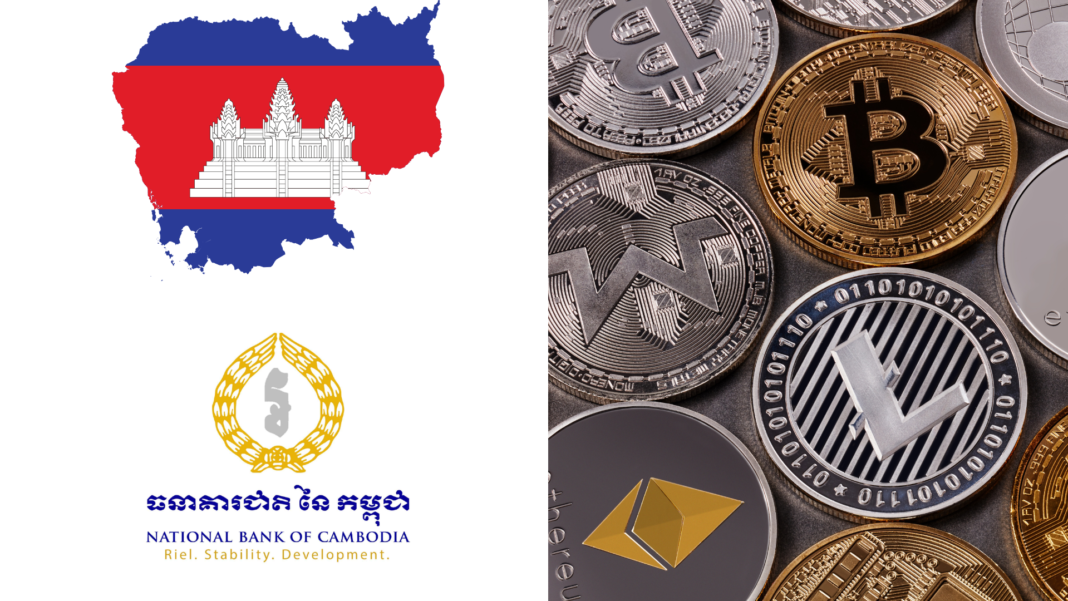Cambodia’s National Bank has permitted banks to undertake crypto services; however, it hasn’t allowed Bitcoin services yet. According to official reports, the National Bank of Cambodia permits commercial banks and payment companies to offer cryptocurrency-related services, but not for Bitcoin or other unbacked tokens.
The new rule will give banks to trade currencies permitted by the nation’s top bank, making crypto more accessible for investors. The regulation comes against the backdrop of Cambodia having a bitter-sweet market for virtual assets.
What Does The New Regulation Include?
According to reports, the NBC publicly announced its decision to permit banks to offer services involving Category 1 crypto assets. Cryptocurrencies backed by fiat, such as central bank digital currencies and stablecoins like USD Coin USDC and USDT Tether, are classified as category 1 assets.
This new rule requires all commercial banks and payment companies who wish to offer crypto-related services to first obtain central bank clearance.
After being approved, banks and other payment organizations are able to convert cryptocurrency into fiat money and vice versa. They will also be able to offer custody services and make cryptocurrency transfers between accounts easier.
Cambodia’s Bitter-Sweet Relation With Crypto
Because of the extreme volatility of virtual assets and the general belief that cryptocurrency helps with illegal operations like fraud and money laundering, Cambodia has prohibited its nationals from trading or conducting cryptocurrency transactions prior to the NBC announcement.
However, on the other side, Cambodia has declared its intention to introduce a digital currency that is supported by the government. The project, known as “Project Bakong,” is tasked with creating a “peer-to-peer, blockchain-based payment and money transfer platform.”
In order to improve Cambodia’s payment system and encourage the usage of the Cambodian Riel, the project aims to investigate the use of an alternative technological platform.
Cambodia Crypto Growth
Cambodia is currently trying to experiment with how much it can allow crypto transactions, just like other nations globally. The slight ease in the crypto laws comes as the nation is expected to see a rise in crypto adoption in the future.
In 2024, the cryptocurrency sector is expected to generate €864.10k in revenue in Cambodia. Revenue is anticipated to develop at a pace of 11.94% per year (CAGR 2024-2028), reaching a total estimated value of €1,357.00k by 2028.
By 2028, there are projected to be 324,000,000 users in the cryptocurrency sector in the nation. By 2028, user penetration is predicted to reach 1.76%, up from 1.30% in 2024.


